Accelerated Value Creation – Q&A with Performance Improvement Expert Ryan Senter
- Ryan Senter, Managing Director
Why should I call you, a Performance Improvement (PI) advisor, despite already having a structured and well-resourced operations team
Over the past 25 plus years, I have delivered actionable insights and strategies to clients of all sizes, resources and market positions. My goal with every client is first and foremost to be a thought partner and help embed strategy and implementation expertise within their internal teams. Clients call me to tap into my experiences as well as when special situations are impacting their business or investment, whether that is margin erosion, G&A cost escalation, M&A integration or more broadly, an underperforming business process or a cash flow challenge. My role as an independent and objective advisor is to use an unbiased lens to identify opportunities for improvement and lasting results and then guide clients through the implementation while accelerating the pace of change.
It is important for me to act as both a collaborator and leader, ensuring alignment with the pace of private equity and middle market nuanced realities. My approach is not only strategic but also execution-focused, driving measurable results for all stakeholders.
When should I engage a PI advisor
While PI advisors are often engaged during periods of complexity and uncertainty, the most forward-thinking companies recognize the value of establishing these partnerships proactively. By engaging a PI advisor early, businesses can capitalize on EBITDA lift initiatives, strategic positioning and long-term value creation.
Partnering with Portage Point advisors provides an added advantage – access to integrated practice lines including Transaction Advisory and Execution Services, Office of the CFO, Interim Management, Investment Banking and Turnaround & Restructuring Services. This comprehensive approach enables the PI team to support your business across every stage of the business and investment lifecycle, making us true partners in achieving long-term success.
While engaging an advisor early is ideal, what should an organization do once a lagging indicator has escalated
The simple answer is – call me. For instance, we are often brought into situations once EBITDA has already taken a turn for the worse. Initiating discussions with me does not mean you are committing to a lengthy engagement, but I strive to be a thought partner, helping think through drivers and solutions to accelerate improvement. If there are ways the Portage Point team can help, it will quickly become clear. Our team is built of cross-functional advisors who have strong backgrounds in assessing complex issues and implementing impactful changes from both advisory and operating perspectives.
Improvement and value creation can be achieved through various tactics including organizational performance and strategy review, management and review of analysis or a quick hit assessment focused on PI levers (for example, working capital, cost out strategy and implementation and revenue enhancement). Our approach is tailored to each client based on their individual needs, objectives and resources.”
Additionally, we can provide the resourcing and “extra horsepower” needed to drive positive change. We are unencumbered by legacy processes and the internal status quo.
Describe a recent engagement where you significantly improved a company process
I led an engagement with a national residential and commercial security services firm to streamline customer onboarding processes. The business had been plagued by latency with loading new customer information into their CRM portal and ultimately their ERP given the manual nature of customer onboarding documentation and billing setup. After an initial rapid assessment, focus quickly turned to automating repetitive tasks, implementing electronic documentation capture, eliminating manual processes and increased integration between customer management and financial systems. As a result, we achieved an 80% reduction in onboarding time, increasing customer satisfaction on query management / resolution and improving working capital position by 33 days through an accelerated billing setup. This was a critical improvement given the high-touch nature of this industry and the recurring monthly revenue model.
What trends are top of mind for middle market stakeholders
Middle market stakeholders are navigating a challenging and rapidly evolving financial landscape, with private credit emerging as a pivotal area of focus. The growth of private credit markets has offered new opportunities for capital but also introduced more complexity in structuring and managing financing. With interest rates remaining elevated and credit terms tightening, there is a renewed focus on disciplined capital allocation and liquidity management to preserve stability while positioning for growth.
Amid these dynamics, the demand for operational efficiency has never been higher. Organizations are increasingly turning inward to identify latent synergies within their operations, recognizing that streamlined processes and resource optimization are critical for staying competitive. However, many businesses are finding outdated processes and fragmented data hinder progress. As a result, stakeholders are prioritizing the definitions of key performance indicators (KPIs) and investing in data and analytics capabilities. These tools, when implemented correctly, can enable better visibility, accountability and informed decision-making, empowering leaders to execute more effectively.
With the new year underway, annual planning facilitation remains a top priority for middle market companies. Stakeholders are focused on implementing strategies refined through detailed assessments of capital expenditure (Capex) requirements, resource allocation and operational capacity. Early planning is not only about meeting immediate needs but also about creating a roadmap that supports long-term strategic goals. Successfully balancing these priorities requires an integrated approach to finance and operations ensuring businesses can adapt to changing market conditions while continuing to deliver value for stakeholders.
What should middle market businesses and investors think about going into 2025
A critical focus should be on improving the current platform – refining the foundation of the business to ensure the structure is still operating at peak performance. This involves reassessing core assets, identifying underperforming areas and leveraging existing strengths to drive lasting growth. Leaders should prioritize integrating internal structures to ensure all functional areas are working toward shared goals. This includes streamlining workflows, enhancing communication and fostering a culture of accountability.
In the year ahead, companies must also adopt a disciplined approach to liquidity, ensuring robust cash flow forecasting and efficient working capital management. Securing cost structures is a complementary priority – organizations should take a hard look at fixed and variable costs, seeking opportunities to renegotiate contracts, optimize procurement and cut waste.
Data remains top of mind for middle market businesses in 2025. This involves upgrading data infrastructure, integrating disparate systems and enhancing analytics capabilities to provide actionable insights. With accurate and timely data, leaders can make strategic decisions that align with market realities and organizational goals. Listen to our recent webinar on the data-driven maturity curve to learn how Portage Point can help you harness your data.
Finally, defining and implementing benchmarks will be critical for measuring success and driving continuous improvement. Establishing KPIs tied to strategic objectives allows businesses to monitor progress, identify gaps and adapt strategies. By focusing on these foundational areas – optimization, alignment, cash management, cost structures, data and benchmarking – middle market businesses and investors can enter 2025 with confidence and a roadmap for enduring success.
Why Portage Point
The middle market is often overlooked, despite its immense potential for transformation and growth. In recent years, many firms that once focused on this space have shifted their attention upstream, chasing larger profits in bigger markets. At the same time, an increasing number of boutique firms targeting the middle market have emerged, but many lack the depth of expertise, breadth of capabilities and sophistication needed to effectively navigate its complexities. As a result, middle market companies remain significantly underserved – Portage Point fills this gap.
Even amid its impressive growth, Portage Point stays deeply committed to recruiting only blue chip talent, bringing a level of expertise to the middle market that is typically reserved for larger companies. This unique approach ensures that clients receive the highest caliber advisory and execution without compromising the focus that middle market companies deserve.
The Portage Point integrated service offering is another game-changer. The approach is not just theoretical but a tangible, hands-on way of driving meaningful impact at pace. The ability to combine investment banking, transaction advisory services, performance improvement and transaction execution services into one cohesive offering creates a first-of-its-kind model that accelerates results for clients. This comprehensive strategy ensures that every stakeholder need is addressed seamlessly, fostering transformative outcomes.
After joining Portage Point, my belief in this differentiation was further validated with the New Mountain Capital investment. This partnership underscores the credibility and potential for Portage Point to continue redefining what it means to serve the middle market. I am incredibly excited about what lies ahead and proud to be part of a firm that is truly changing the landscape for middle market businesses.
 |
RYAN SENTER Managing Director With a career spanning more than 25 years, Ryan has focused on advising organizations on business strategy, mergers and acquisition and performance improvement in a variety of industries and stages of development. His extensive expertise in successfully managing complex strategies crosses a broad spectrum of industries, including healthcare, business services, manufacturing, financial services, energy and technology. |



































